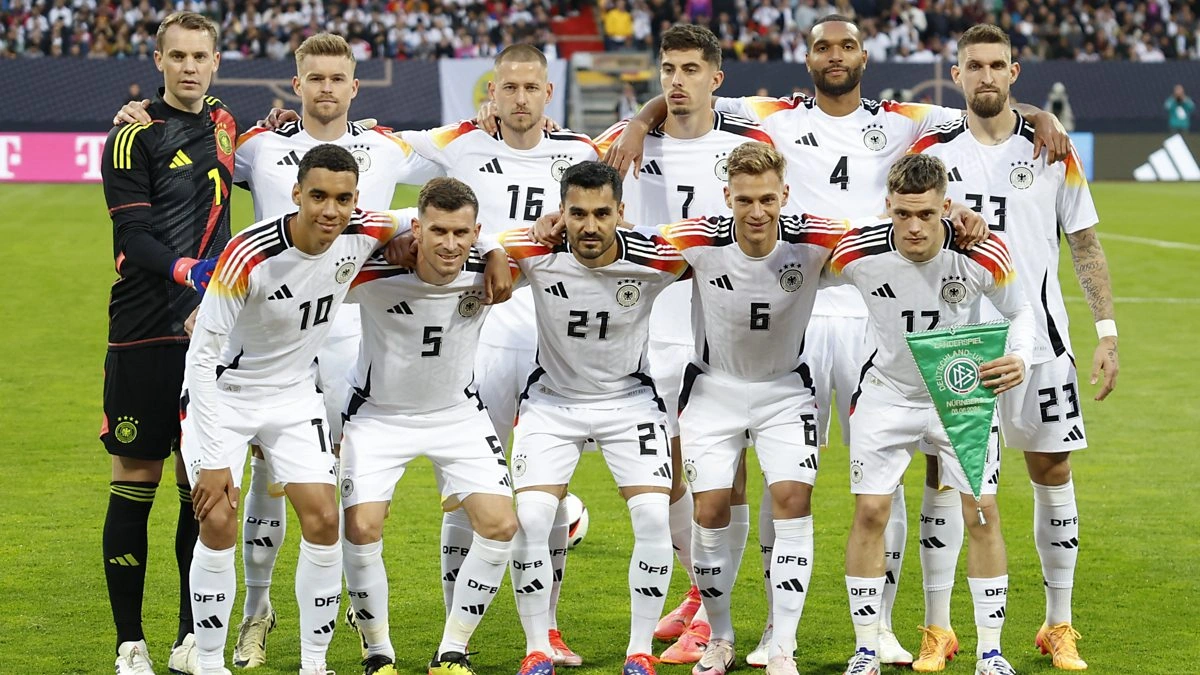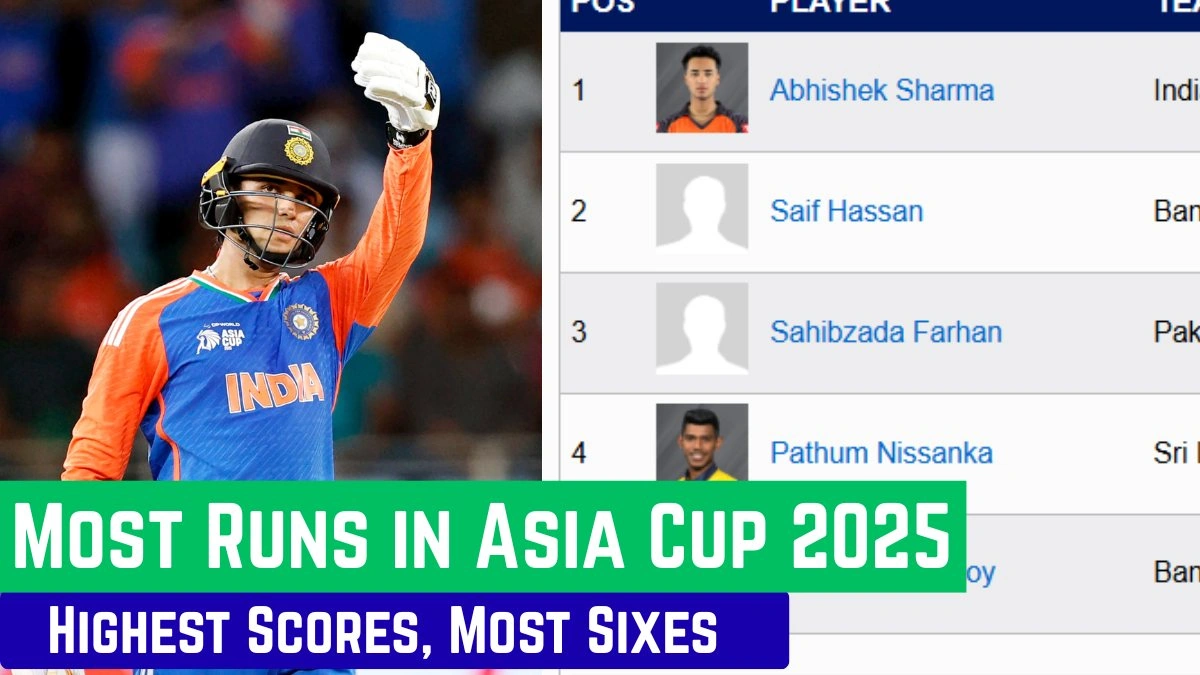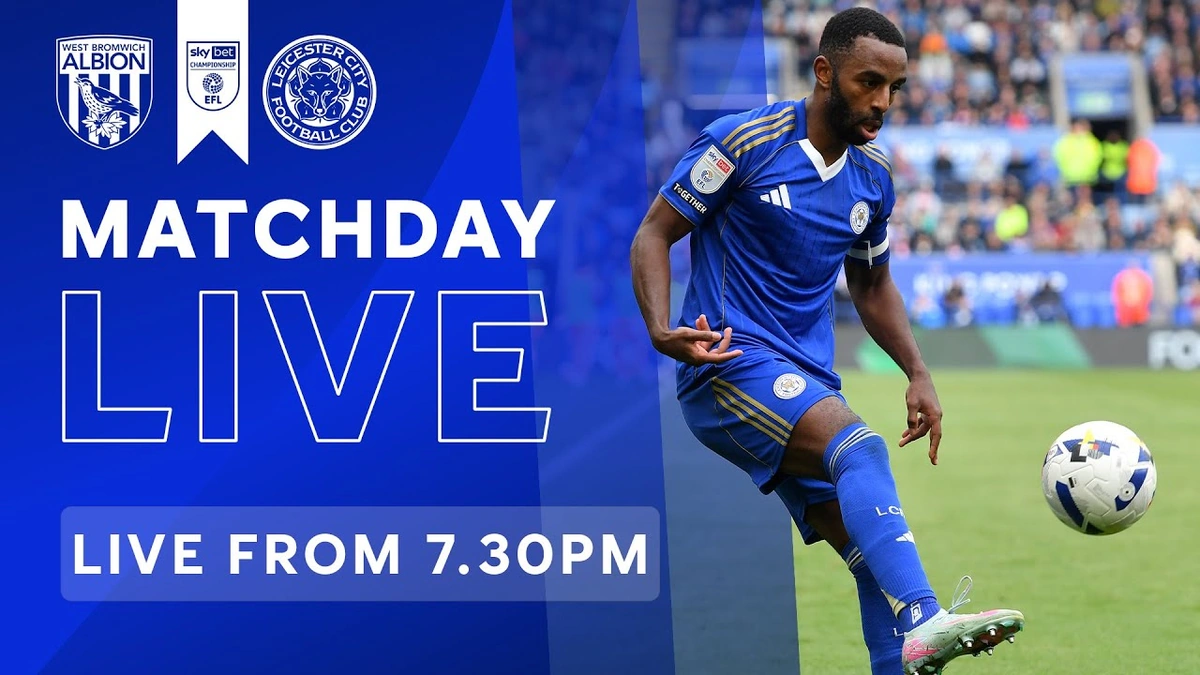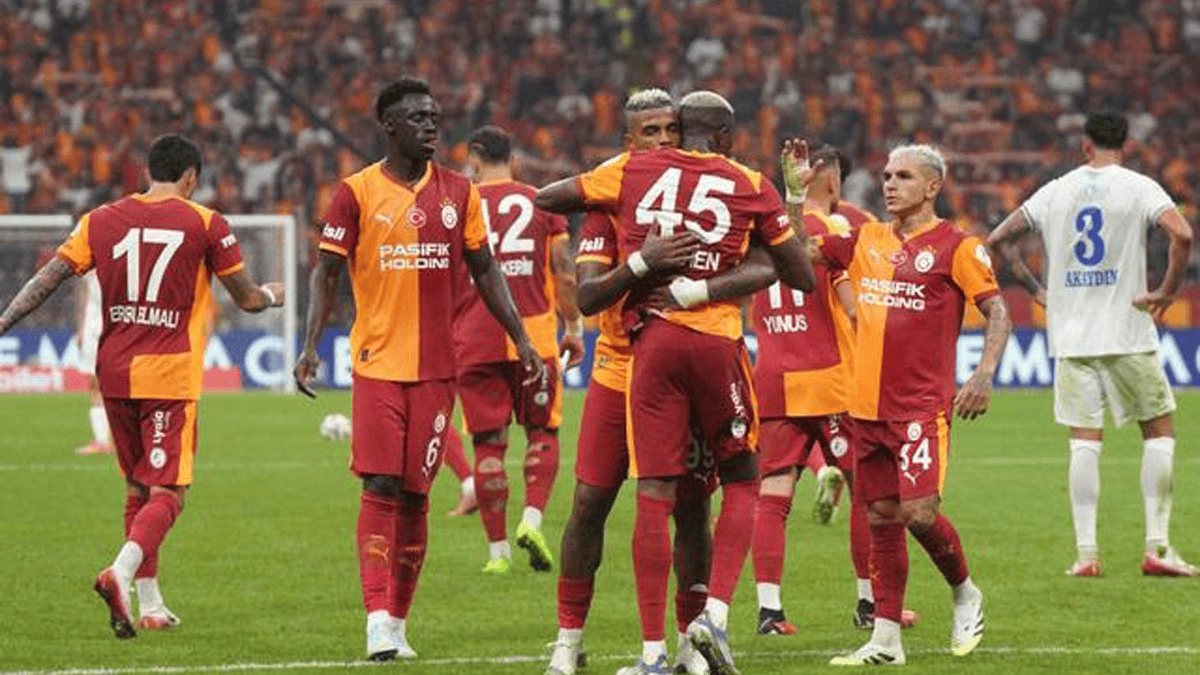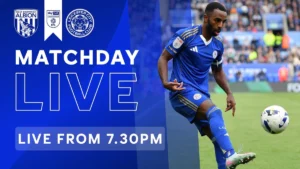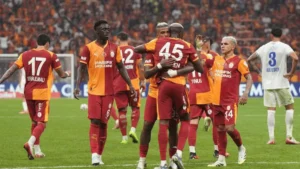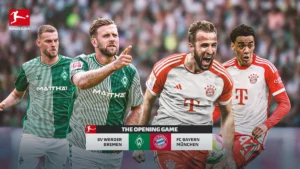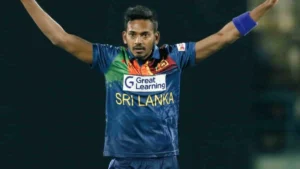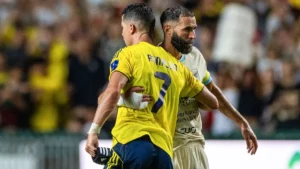Germany National Football Team | More Than Just a Game – A Deep Dive
The Germany national football team – Die Mannschaft, as they’re affectionately known – isn’t just a team; it’s a national institution. But, what really makes them tick? It’s easy to see the trophies and the star players, but understanding the why behind their success reveals fascinating insights into German culture, strategy, and a relentless pursuit of excellence. Let’s dive in, shall we?
The DNA of Die Mannschaft | Why German Football Dominates

So, what is it about German football that consistently puts them at the top? Is it just luck? Absolutely not. There’s a deeply ingrained footballing philosophy that prioritizes tactical discipline, physical endurance, and, crucially, a never-say-die attitude. Consider the concept of Mentalität – it’s a kind of mindset. The players need to push themselves to the maximum for the whole game, and that needs to be developed during training. What fascinates me is how consistently they manage to reinvent themselves.
One key aspect is their youth development system. It’s not just about finding the next big thing; it’s about nurturing talent from a young age, instilling the right values, and providing them with the best possible training. This explains why the German squad is always brimming with talent. It’s a long-term strategy that pays dividends year after year.
Tactical Evolution | Adapting to Win
German football isn’t afraid to evolve. They don’t just stick to one style of play; they adapt to the changing landscape of the game. Remember the tiki-taka era of Spain? Germany learned from it, adapted, and ultimately, overcame it. This tactical flexibility is a huge asset. The ability to switch between different formations and strategies mid-game is a hallmark of the team’s success. And, this is the main reason why you should keep an eye on the upcoming Germany football matches . The coach is always cooking something up!
But, it’s not just about tactics; it’s about execution. The players need to understand the plan and execute it flawlessly. This requires a high level of technical skill, tactical awareness, and, of course, teamwork. This is often seen in the performance of the German players in international competitions. Speaking of coaches…
The Coaching Maestros | Shaping the Dream
From Helmut Schön to Joachim Löw, the Germany national team has been blessed with visionary coaches who have shaped the team’s identity. These aren’t just managers; they’re leaders, mentors, and strategists who understand the game inside and out. Here’s the thing: a good coach can unlock the potential of a team, and Germany has consistently found coaches who can do just that.
Joachim Löw’s tenure, for example, saw a shift towards a more possession-based, attacking style of play. He instilled a belief in the players and created a team that was both entertaining and effective. However, the current performance of the team could be attributed to the new coach and his strategies. It’s all a game of chess. Remember Jupp Heynckes? He’s another excellent example of a coach that made the German football history books.
Beyond the Pitch | The National Identity
The Germany national football team represents more than just a group of players; it represents a nation. It’s a symbol of unity, pride, and national identity. When Die Mannschaft plays, the whole country comes together to support them. Let me rephrase that for clarity: the team is a powerful force that can unite people from all walks of life.
After all, they represent the country’s values. But, it’s important to remember that football is just a game. It shouldn’t be used to promote hatred or division. It’s about celebrating the beautiful game and the spirit of competition. Want to read something interesting about another player? Then check this article !
Challenges and Future of German Football
Of course, even the mighty Die Mannschaft faces challenges. The game is constantly evolving, and the competition is getting tougher. Other countries are investing heavily in youth development and tactical innovation. Can Germany keep up? Absolutely. They have the resources, the infrastructure, and, most importantly, the passion to remain at the top.
A common mistake I see people make is thinking that past success guarantees future success. It doesn’t. The team needs to constantly reinvent itself, adapt to the changing landscape of the game, and find new ways to stay ahead of the competition. This includes the use of football analytics to improve performance.
To stay competitive, the German football association (DFB) is committed to investing in youth development, improving coaching standards, and embracing technological advancements. The DFB’s commitment to diversity and inclusion is also crucial for ensuring that the national team reflects the country’s multicultural society. Don’t forget that team composition is one of the most important things.
FAQ About the Germany National Football Team
What is Germany’s nickname for their national team?
They are affectionately known as Die Mannschaft, which translates to “The Team.”
How many World Cups has Germany won?
Germany has won the FIFA World Cup four times: 1954, 1974, 1990, and 2014.
Who is the all-time leading goalscorer for Germany?
Miroslav Klose is the all-time leading goalscorer with 71 goals.
Where can I find the latest news and updates about the team?
The official website of the German Football Association (DFB) is a great resource.
What are some of the major rivalries of the Germany national team?
Major rivalries include matches against Netherlands, Italy, and England.
How can I watch the Germany national team play?
Matches are typically broadcast on major sports channels and streaming platforms.
In conclusion, the German national team is more than just a football team; it’s a symbol of national pride, a testament to the power of teamwork and dedication, and a reflection of a nation’s values. And, that’s something worth celebrating.
